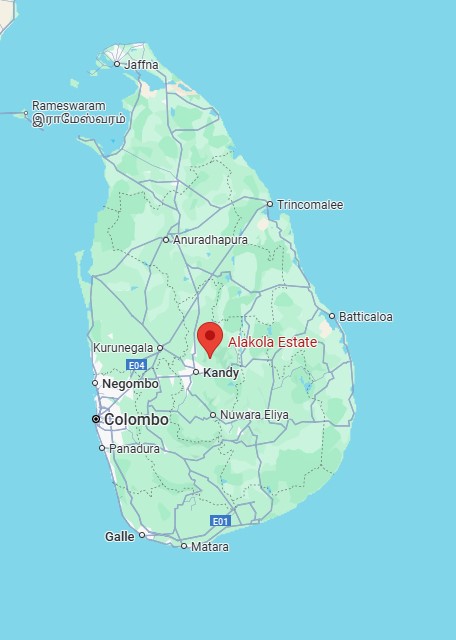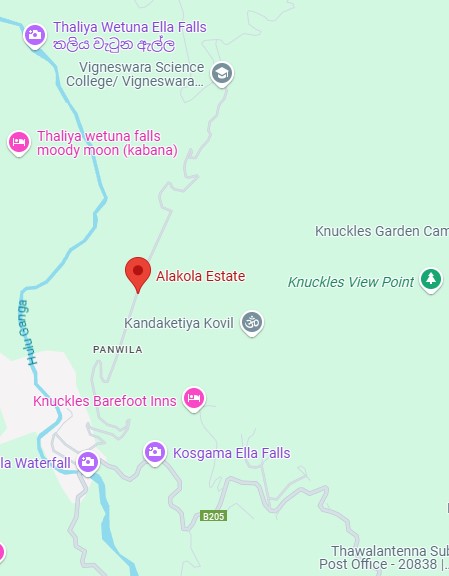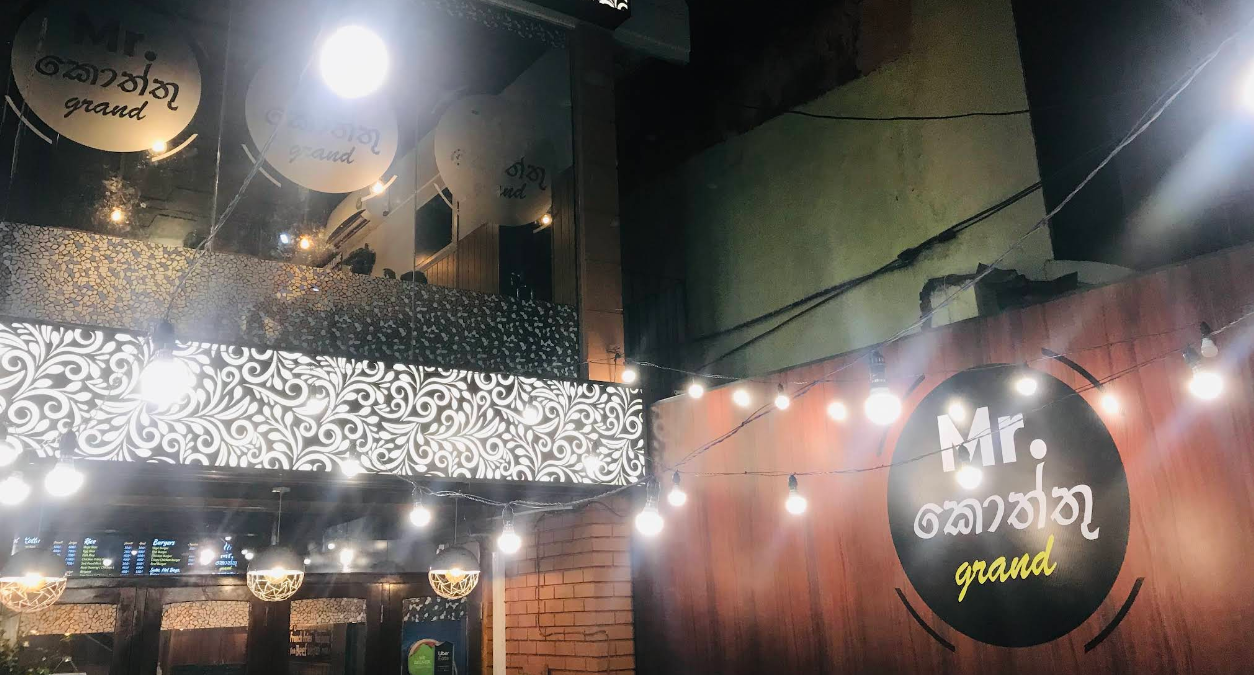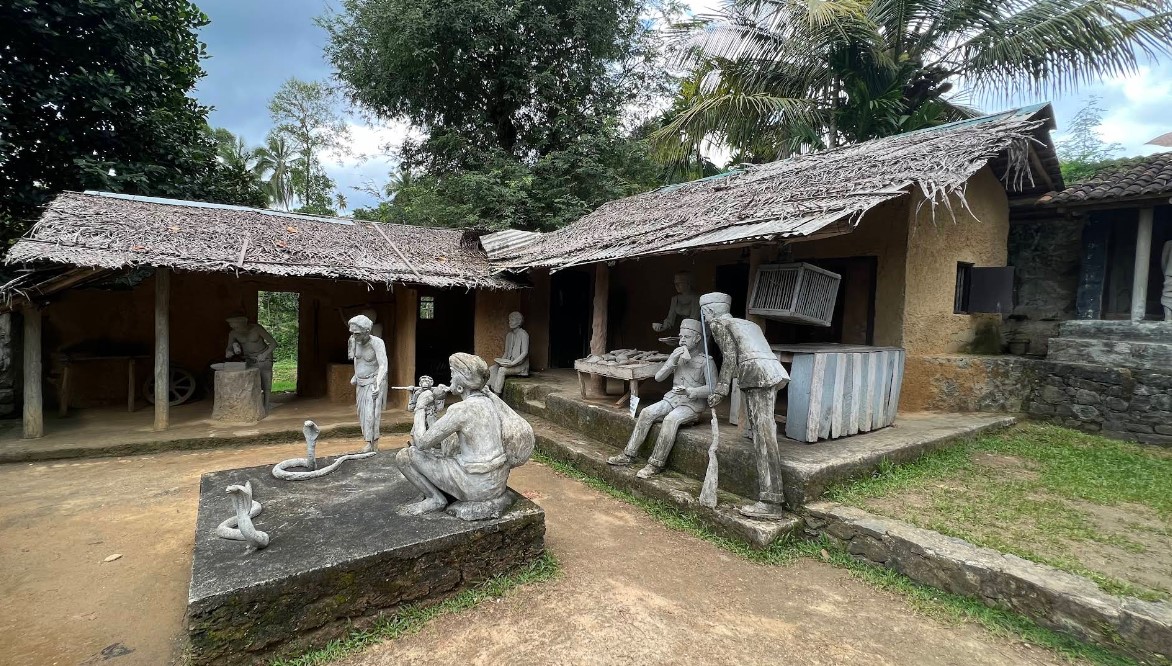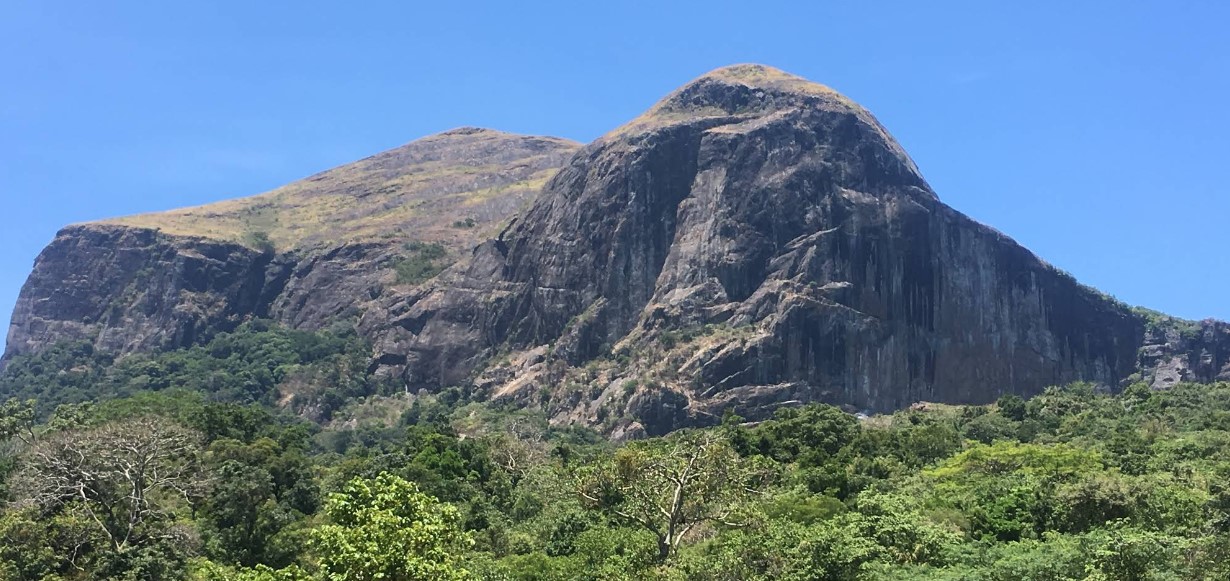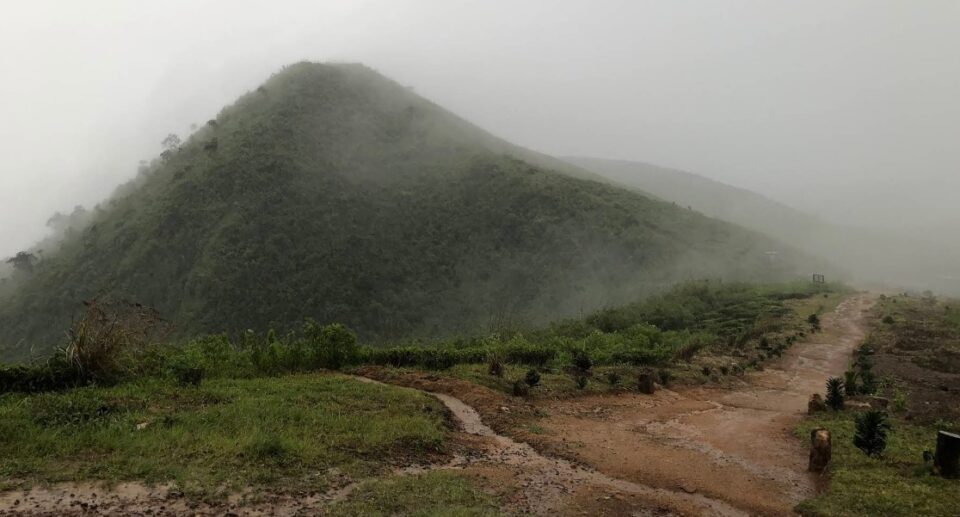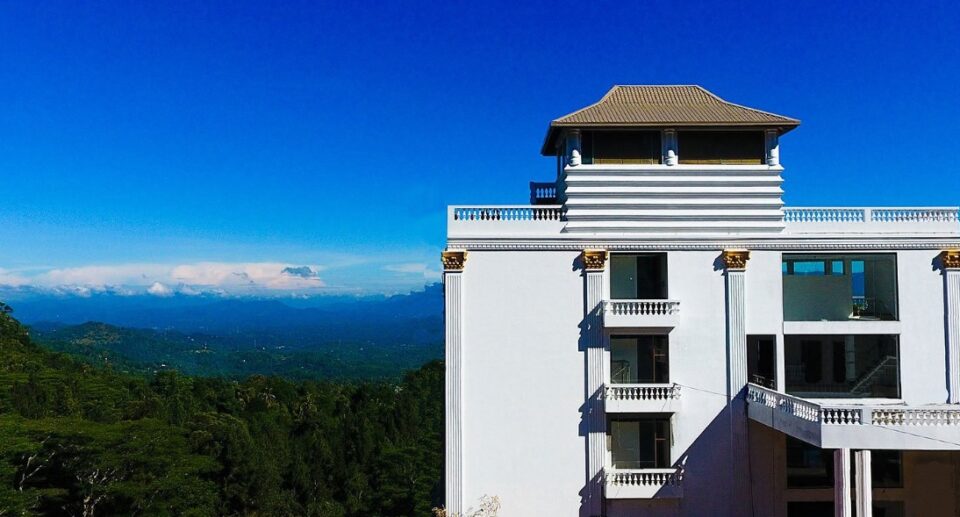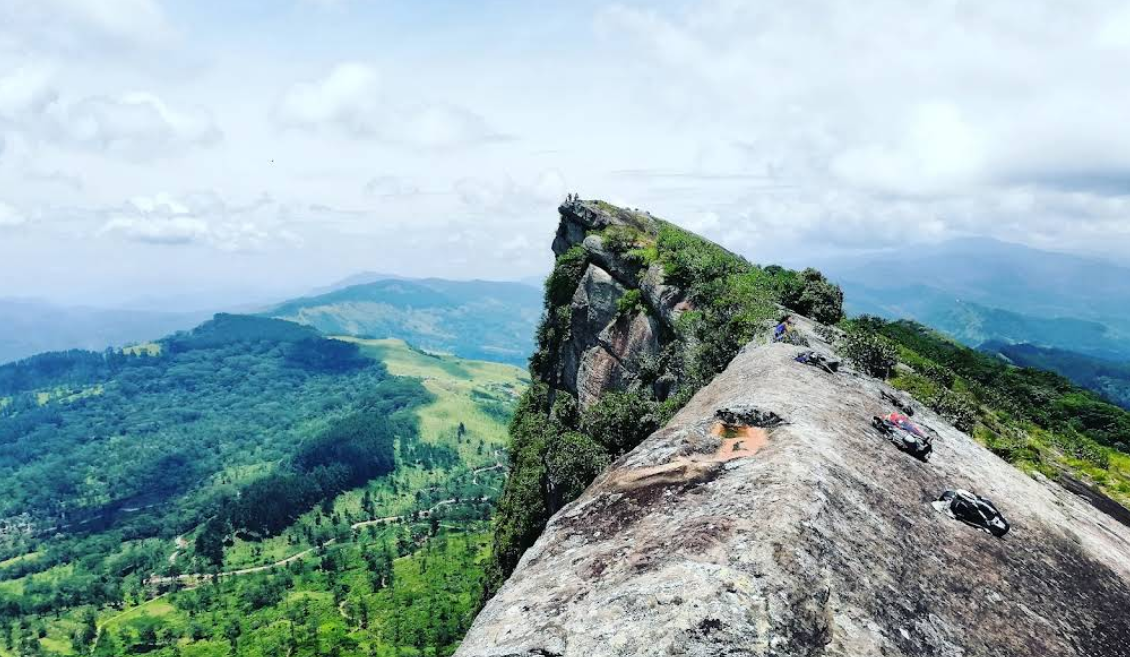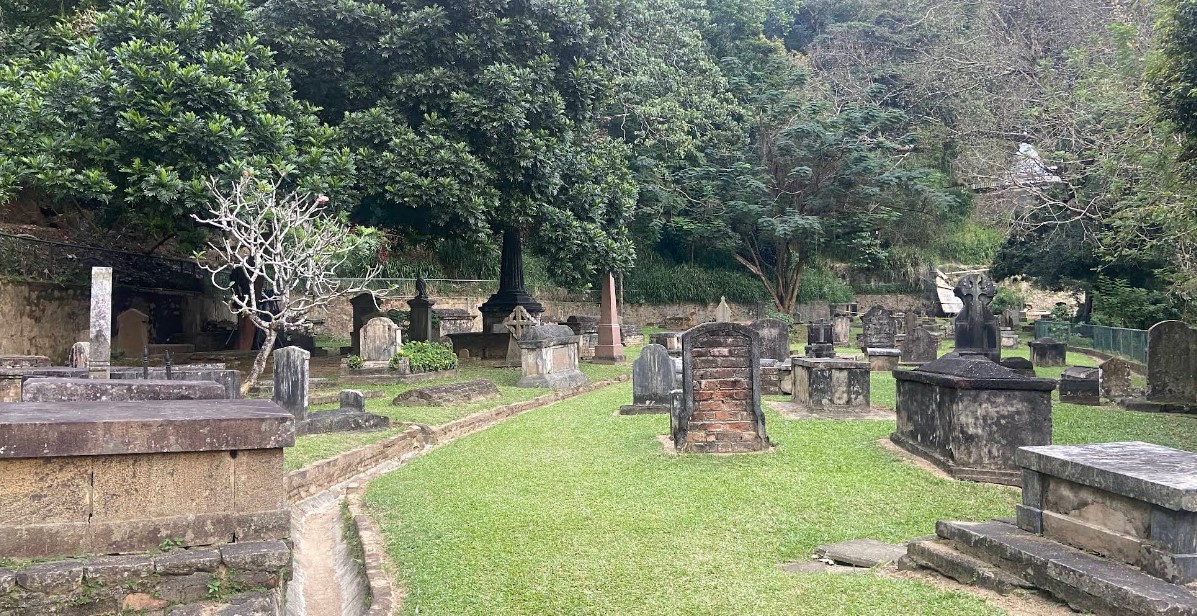Alakola Estate: A Jewel of Sri Lanka’s Central Highlands
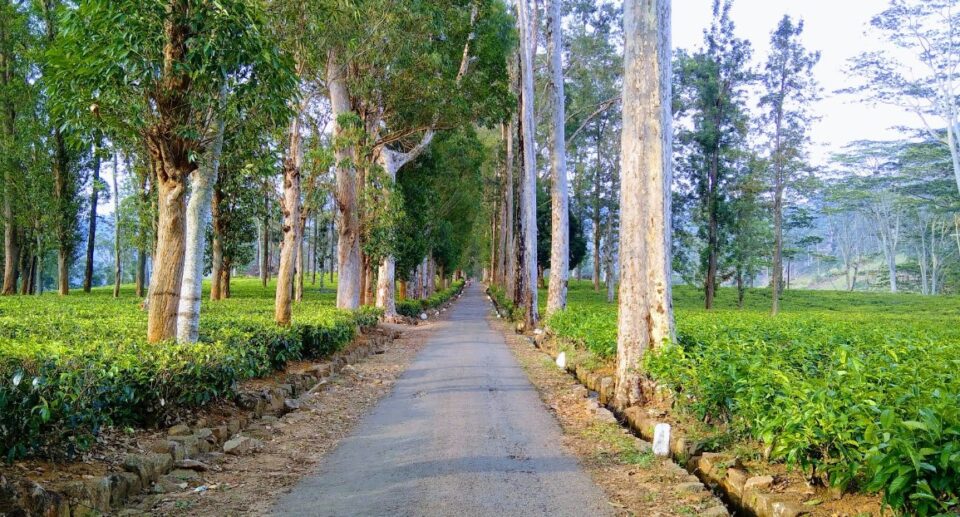
Located deep in Sri Lanka’s Central Province, there lies the tranquil and unspoiled gem of Alakola Estate. Situated close to the village of Huluganga in the Panwila area of the Matale District, the estate is not just a tea estate but a melting pot of history, ecology, country life, and natural beauty. From its colonial beginnings to its stunning scenery and its waterfall cascading over the terrain, Alakola Estate is a location worthy of note, both for its attraction and for its unused potential as a sustainable eco-tourism attraction.
Location and Geography
Alakola Estate is situated right on the edge of the Knuckles Conservation Forest, a UNESCO World Heritage Site that boasts rich biodiversity and stunning views of the mountains. The estate is at a relatively high elevation, with cool temperatures, foggy mornings, and lush greenery throughout the year.
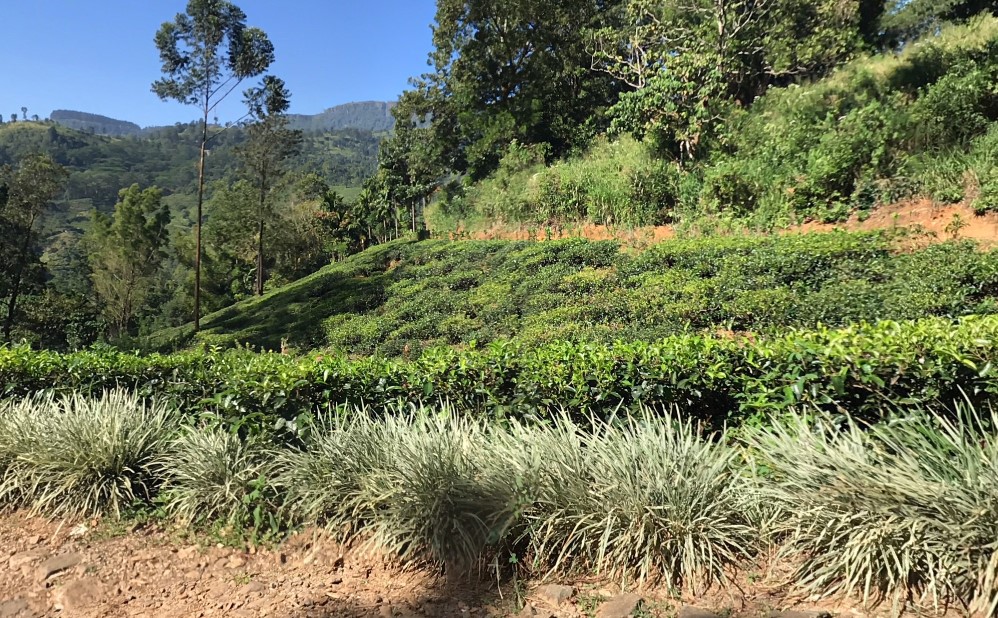
The access to Alakola Estate is generally through Seruwila or Panwila, a small rural town connecting to the more urban Seruwila-Kandy city some 30–40 km away. The ride to the estate, although narrow and a twisty road here and there, is breathtaking, with views of cascading rivers, ancient woods, and tiered tea gardens grasping the hillside.
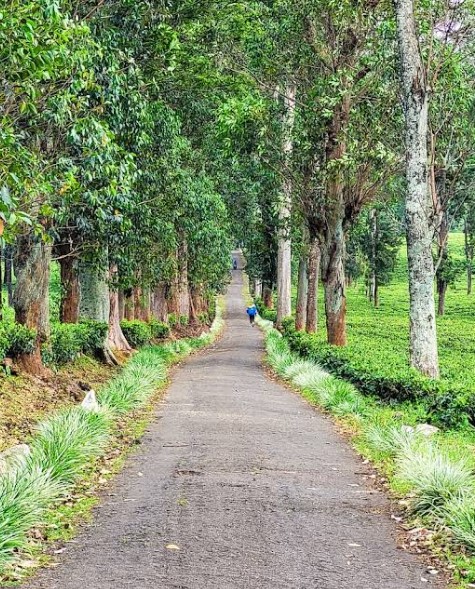
Historical Background
The history of Alakola Estate dates back to the British colonial era of Sri Lanka (formerly Ceylon), when massive tracts of land in the hill country were converted into tea, coffee, and spice plantations. Alakola was formerly known as “Allen Collen Watte,” named after Allen Collen, a British planter whose name remains in the estate and nearby Alakola Ella waterfall.
These estates were central to establishing Ceylon’s international reputation as a top tea-producing country. The surviving original buildings, including ancient stone bungalows and worker homes, are now in different states of preservation and are testimony to colonial plantation life.
Tea Cultivation and Rural Life
Alakola Estate remains to a large extent a working tea plantation today that employs many families in the surrounding community in tea plucking, processing, and maintenance. The estate is a reflection of Sri Lanka’s small to medium-sized plantations which are not in the possession of the big multinational groups but still play a very important part in the national economy.
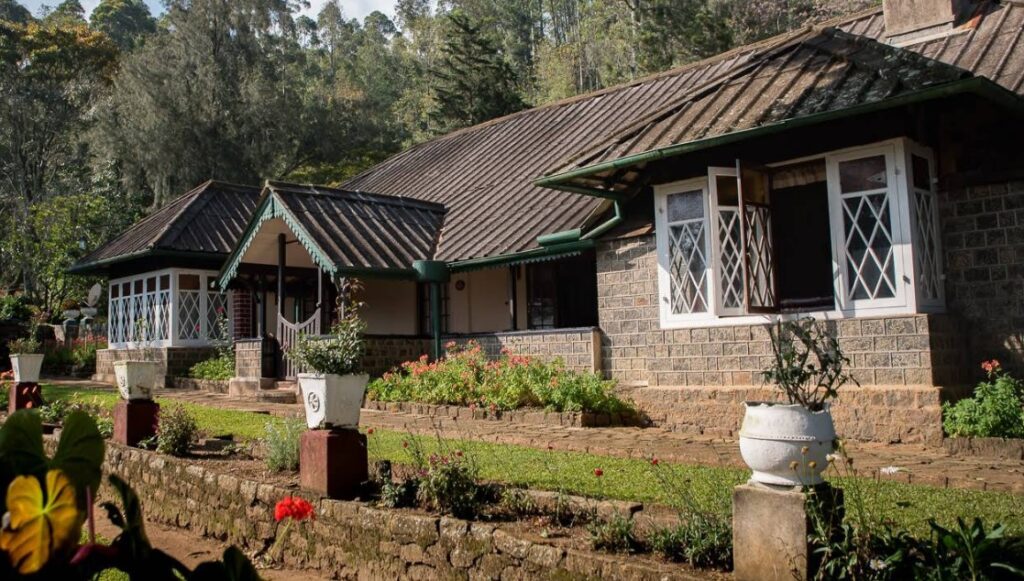
The user life is uncomplicated but hard. The women do most of the tea-plucking, venturing out in the early morning hours with panniers on their backs, while selecting the young shoots carefully. The social structure of the estate is comprised of line houses, community halls, and small schools, which are indicative of the unique culture that has evolved over generations of tea estate life.
There is increasing interest in organic and sustainable methods of cultivating estates like Alakola. This would radically enhance the value and uniqueness of its tea, especially in export markets eager for ethical and environmentally friendly products.
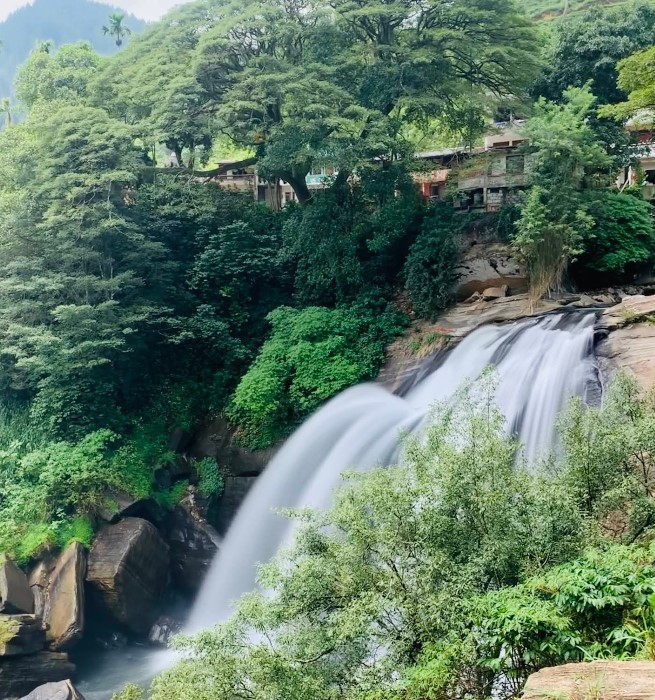
Alakola Ella Waterfall
One of the most stunning features of Alakola Estate is the Alakola Ella waterfall. Measuring 50 meters, the horsetail waterfall is within the estate and accessible on foot through a short hike through tea plantations and forest.
The falls, especially in the monsoon season, is a sight to behold. With its clean, gushing water cascading down rock faces to fall into basins formed of rocks, it has become a local and nature photographer’s favorite. It is also a significant source of water for the plants in and around the estate and assists in producing the microclimate of the area.
As it is still not fully commercialized, the site around the waterfall remains untouched. This makes Alakola Ella a perfect location for ecotourism, camping, or spiritual retreat.
Ecological and Environmental Significance
Being so close to the Knuckles Mountain Range, the estate is in one of Sri Lanka’s most ecologically vulnerable regions. The Knuckles Range, or the “Dumbara Kanduvetiya,” is renowned for its indigenous flora and fauna, cloud forests, and critical watersheds. Alakola Estate benefits from and contributes to such a vulnerable ecological network.
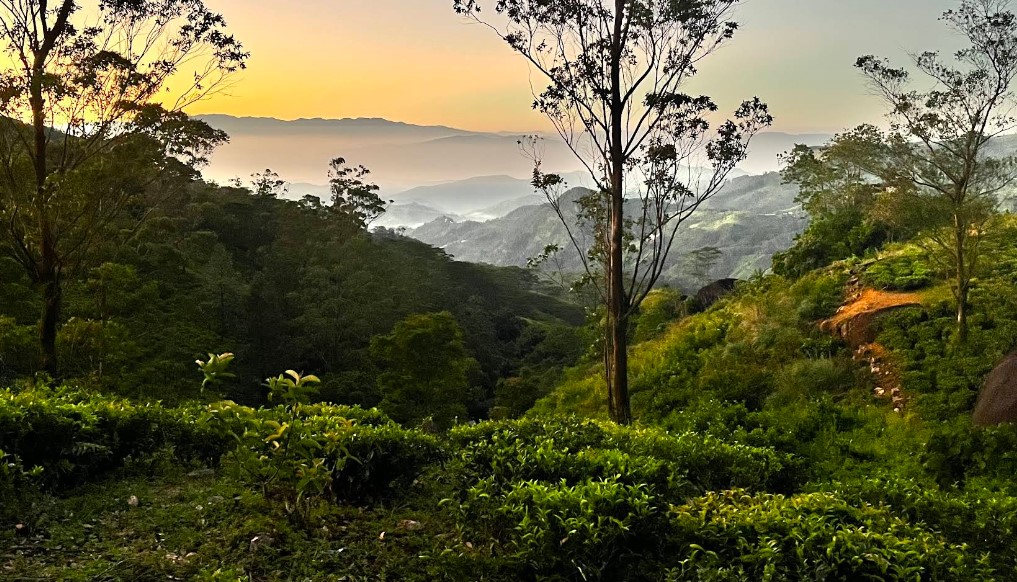
The upper slopes of the estate are home to diverse plant species such as orchids, mosses, ferns, and indigenous trees, and the surrounding forests are home to monkeys, wild boars, civets, and more than dozens of bird species. The area is particularly appealing to birdwatchers and botanists.
Maintaining this balance between agriculture and conservation is essential. Estate owners and government agencies need to collaborate in ensuring that development (e.g., tourism or agricultural modernization) does not lead to loss of biodiversity or water pollution.
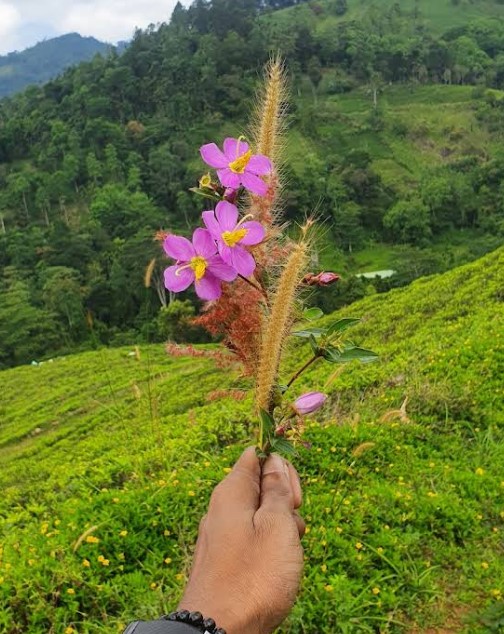
Tourism Potential
Though currently untapped as a tourist destination, Alakola Estate is rich in potential. Its geography, history, natural features, and rural character make it an ideal place for:
Eco-tourism Community-based tourism Nature escapes and meditation camps Walking and birdwatching tours, Tea instruction and tasting sessions
For tourists seeking “off-the-beaten-path” activities in Sri Lanka, Alakola offers a pristine peaceful alternative to more developed areas. With proper planning, small bed-and-breakfasts or ecologically sensitive lodges could be established with the assistance of the local population to spur the countryside economy without degrading the environment.
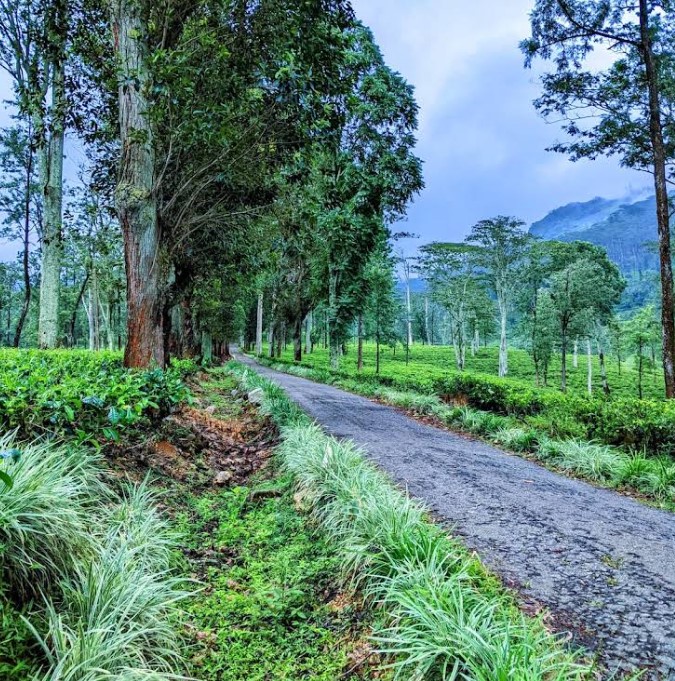
Cultural and Community Life
Alakola is not just a plantation; it’s home for dozens of families who reside there for generations. Tamil and Sinhala festivals, estate temple activities, and cultural events are a part of the community.
The local cooperative societies and schools, though modestly endowed, are the backbone of the estate community. Upgrading them with better infrastructure, internet facilities, and vocational training (especially in tourism and the environment) would help Alakola’s people be part of its new chapter.
Challenges and the Way Forward
Like many rural estates in Sri Lanka, Alakola is faced with a series of challenges: Limited infrastructure: Poor roads, inefficient public transport, and poor housing. Limited access to market for its tea, typically being sold to larger factories.
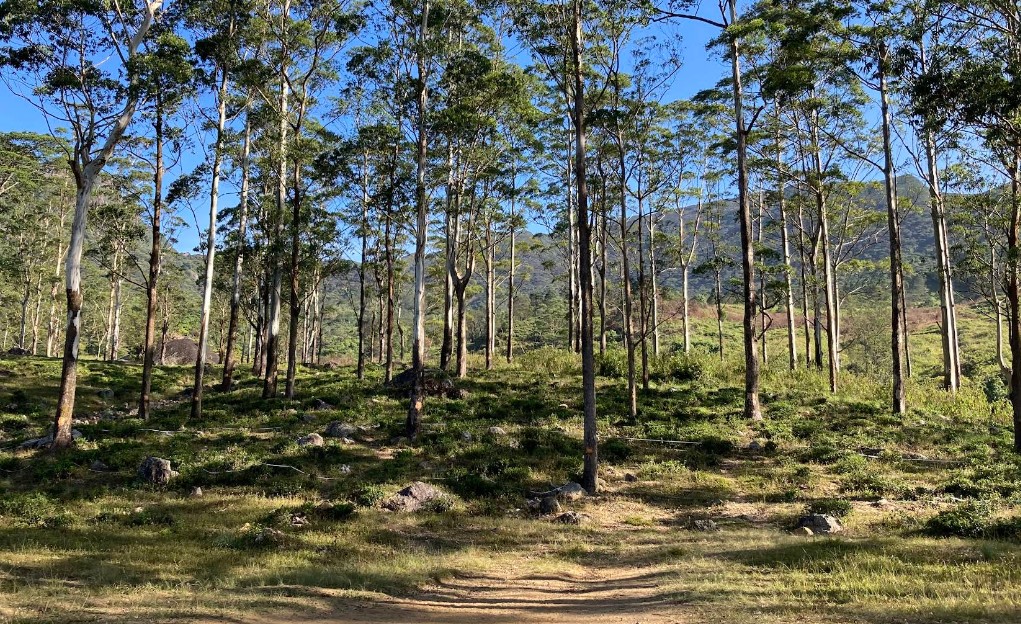
Youth migration: Youth migrate from estates in search of better opportunities.
But with the development of eco-tourism, organic cultivation, and heritage management, Alakola can transform.
Networking with NGOs, responsible tourism operators, and government development agencies has the potential to turn Alakola into a model community for community-driven, eco-friendly rural development.
Alakola Estate is not just a tea estate—it’s a microcosm of the Sri Lankan highland identity. It bears witness to the nation’s colonial history, environmental richness, agrarian economy, and possible future. With a stunning waterfall, sweeping vistas, and an ageless tempo of life, Alakola is a concentrated dose of authenticity, tranquility, and harmony with nature and history for all those curious about such things.
For adventurers, researchers, nature enthusiasts, and tea lovers alike, Alakola Estate is a place worth discovering—and preserving.
